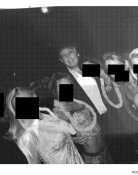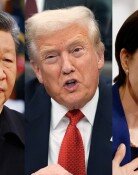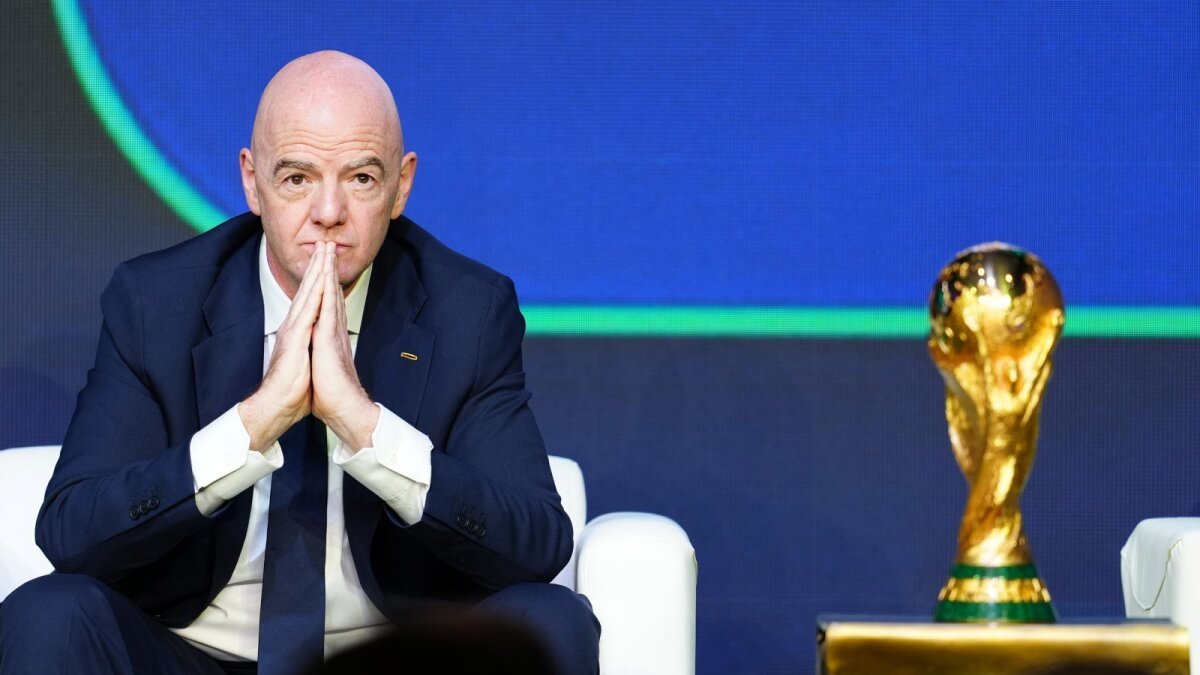Kim Dae-jung: Main Culprit for Election Defeat, Says DP Reform Committee
Kim Dae-jung: Main Culprit for Election Defeat, Says DP Reform Committee
Posted December. 26, 2007 04:14,
The Democratic Partys Reform Committee said that former President Kim Dae-jung (DJ) is the main culprit behind the loss of the so-called pan-ruling party circle in the 17th presidential election.
The DP Committee said that while the pan-ruling party circle was discussing the issue of a single candidacy, Kim excessively intervened in domestic politics based on poor judgment. That intervention led to a division in the centrist reformist circle, resulting in the significant loss of votes.
The DP Reform Committee is on the same page with the United New Democratic Party (UNDP) in identifying President Roh Moo-hyuns alienation of the public as the prime reason for the loss in the election. Yet the fact that a political circle, with their constituency based in the Honam area, raised the issue of DJs role in the defeat is a significant development that may affect the direction of future political reform.
DJs Role in the Defeat
Hwang Tae-yeon, chief of the Democratic Partys Centrist Reformist National Strategy Institute and professor at Dongguk University, mounted his criticism in a DP Reform Committee meeting held at the party office in Yeouido on December 24, If the pan-ruling circle had became a centrist party with 80 seats in the National Assembly and nominated its candidate, the ruling circle would have won. Even if it lost, with this arrangement, the ruling party would be able to act as a check in the general election. DJ is solely responsible for what happened.
The minutes shows that Hwang also said, prior to the above remark, In June during four party talks, with members including DPs leader Park Sang-cheon and UNDPs advisor Chung Dae-cheol, UNDPs candidate Chung Dong-young and UNDP lawmaker Kim Han-gil, the decision was reached to form a centrist reformist party with approximately 80 seats in the National Assembly. DJ, however, summoned Chung Dae-cheol and others to break the agreement. Subsequently, Kim Han-gil withdrew his commitment, and the number of seats was reduced to around 30. Yet the agreement was eventually broken down.
In explaining the background for the breakdown of the talks designed to unify the UNDP and the DP, Hwang claims, The parties four leaders reached an agreement on the unification of the parties, but DJ summoned OhmyNews, an online newspaper, and advised it to write and call for a single candidacy without unification of the parties.
Hwang analyzed that Kim Dae-jung was behind the centrists of the pan-ruling party circles joining of the UNDP, just another name of the Uri Party, against their prior commitment to exclude the pro-Roh circle, and the breakdown of party unification talks.
Choi Gyeong-hwan, an aide to former President Kim, said, I do not see any need to comment. We all know that there are some in the DP who have always raised criticism of this kind.
Hwang served a member of the Presidential Advisory Policy Planning Committee during the Kim administration and during the 1997 presidential campaign he was an acknowledged brain of Kim who provided a theoretical framework for the DJP (Kim Dae-jung and Kim Jong-pil) Alliance.
Breakaway from DJ in the General Election?
Some quarters in the DP including Hwang have pointed out the need for the opposition party to be born again as a clear-cut opposition party breaking away from DJ since this election results indicate Kims dissipating influence over the Honam area.
In Mokpo, South Jeolla province, the former presidents political hometown, Chung Dong-young, who DJ endorsed, received 80.1 percent of the votes, 15.8 percent down from what Roh received in the 16th presidential election.
Kim Min-seok, the chairman of the DP Reform Committee, said, With the political burden involved, I dont think that Kim Dae-jung would intervene in the general election scheduled next year. He added, There is significant pressure to replace current provincial lawmakers in the Honam area, and in any case, the Grand National Party stands a slim chance of winning the election in the region. If we wholeheartedly embrace the minds of the Honam public in the party nomination of candidates that should be carried out in a just manner, then there is good reason to believe that the DP has a good shot at achieving favorable election results.
Commenting on the DPs future direction of alliances with other parties, Yoo Jong-pil, a spokesman for the Reform Committee, said, While holding President Roh accountable for the failure of his conduct of state affairs, the party needs to take care of its relationship with the Kim Han-gil circle in the UNDP and the Creative Korea Party.
cij1999@donga.com






![매일 풀업 60개씩 하는 75세 회장님… “허리 통증도 없어져”[양종구의 100세 시대 건강법]](https://dimg.donga.com/c/138/175/90/1/wps/NEWS/IMAGE/2025/12/13/132956597.1.jpg)
